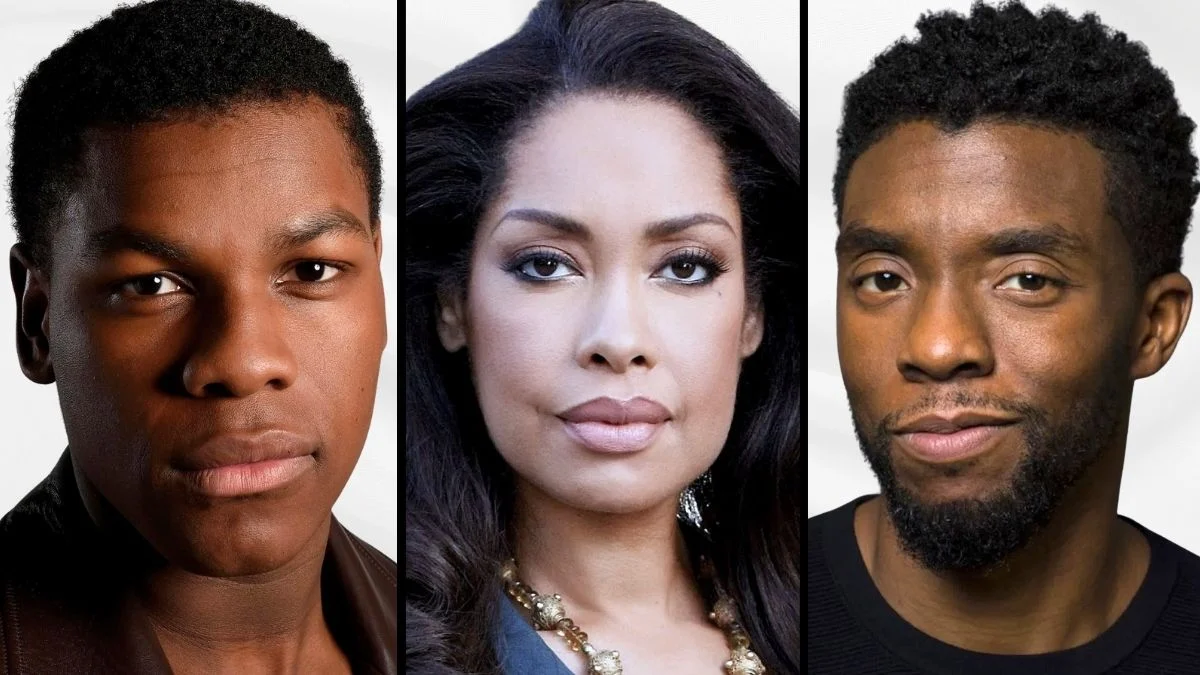
Many Black actors in film and television have turned down roles portraying enslaved people, feeling those parts didn’t fit with what they wanted to achieve in their careers. Some disagreed with how the stories were being told, particularly how Black characters were depicted, while others simply didn’t want to contribute to images focused on Black suffering. Instead, a few of these actors chose projects that highlighted Black strength, resilience, and freedom. Here are some examples of actors who made that choice, stepping away from roles depicting slavery to pursue other opportunities.
Will Smith
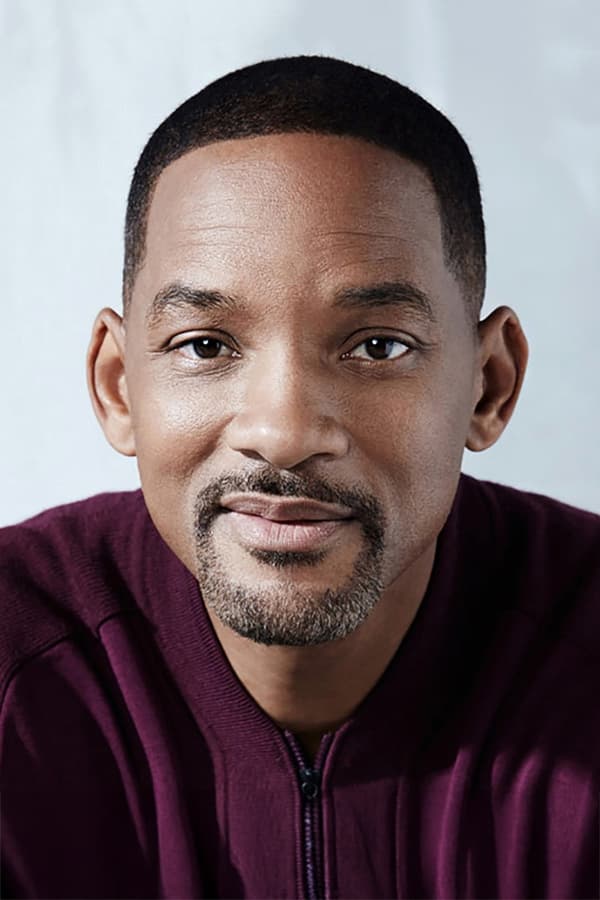
Will Smith turned down the lead role in ‘Django Unchained’ because he disagreed with the story’s direction and how the main relationship was portrayed. He preferred a story focused on love and empowerment, not revenge, and felt the script didn’t align with that. Throughout his career, Smith had often avoided slavery-themed projects, wanting to avoid reinforcing limited and negative portrayals of Black people. He later chose ‘Emancipation’ because it focused on resilience and love within the context of slavery, rather than simply depicting suffering.
Chadwick Boseman
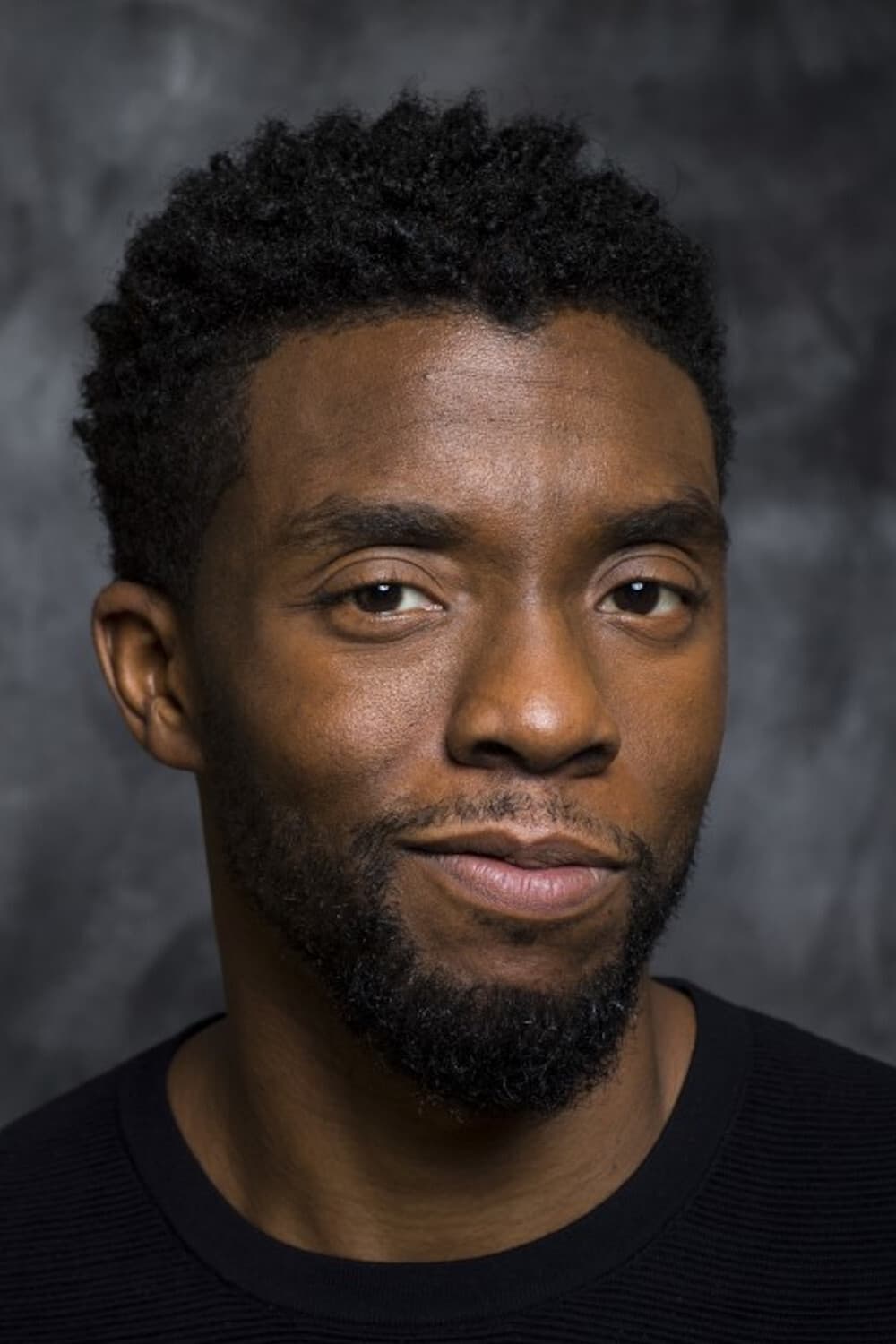
Chadwick Boseman declined a movie role where he would have played an enslaved person alongside Tessa Thompson. As his career was taking off, he chose to avoid the project because he didn’t want to contribute to stories about slavery that focused on oppression. This decision was part of a larger trend in his work – he consistently sought roles that emphasized strength, independence, and positive representation. He preferred projects that celebrated heroism and lasting impact over those that depicted suffering and exploitation.
Angela Bassett
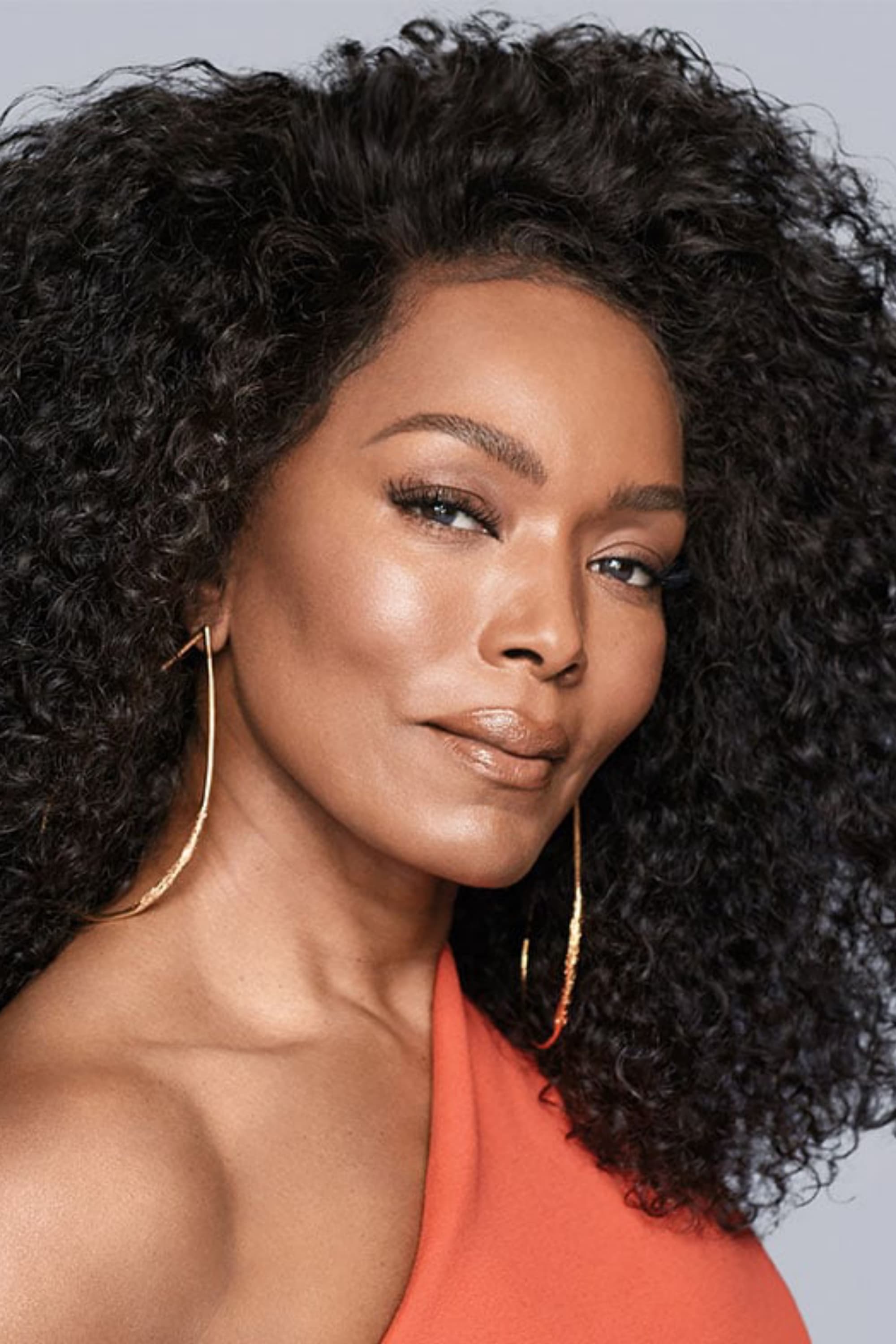
Angela Bassett has been vocal about turning down roles that depicted slavery, believing they could perpetuate harmful stereotypes about Black women globally. Instead, she consistently chose characters who were strong, leaders, and multifaceted. This deliberate choice has resulted in a body of work that avoids simplistic or limiting portrayals of slavery.
John Boyega
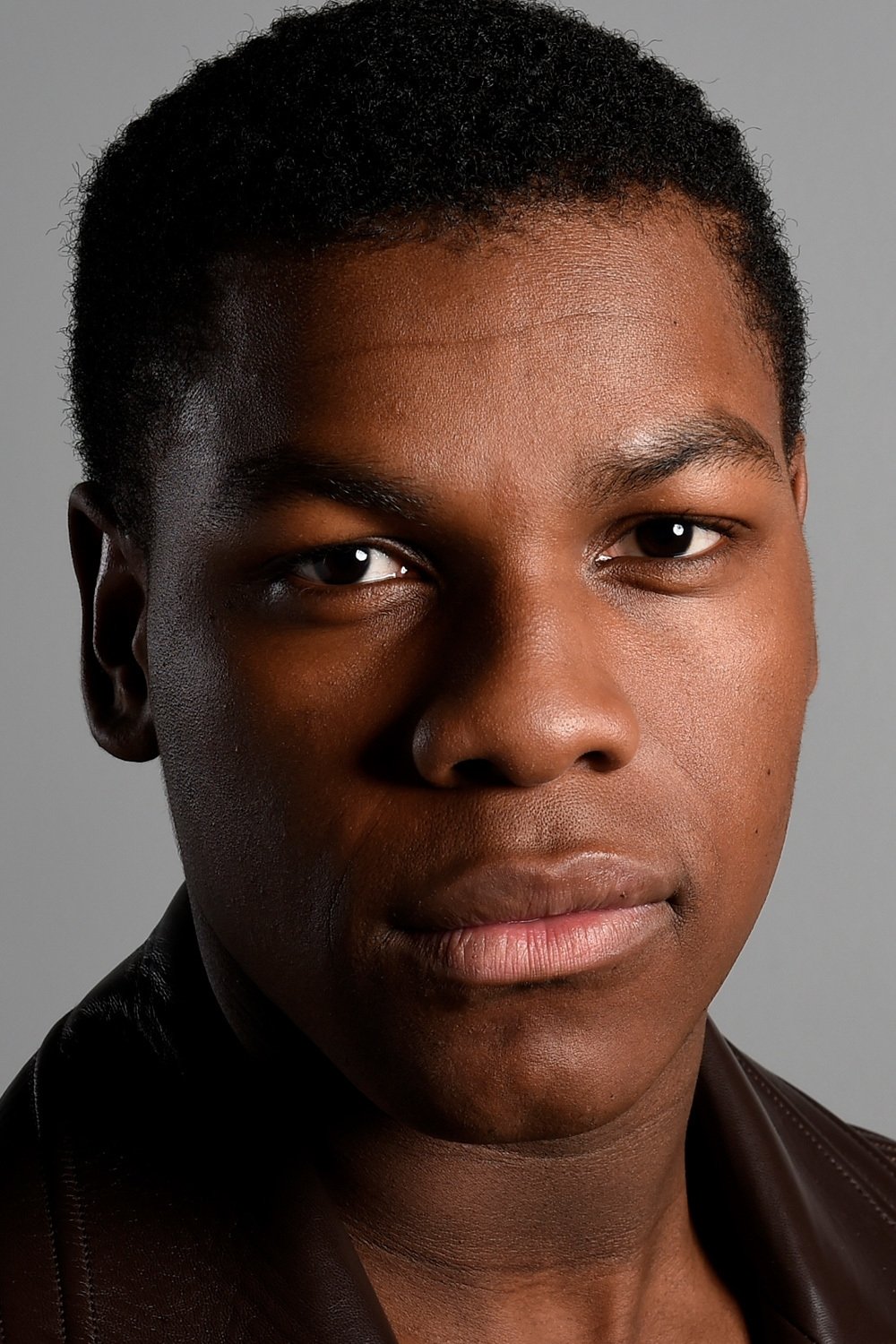
John Boyega has intentionally chosen roles that avoid focusing solely on Black suffering and has been careful about taking on historical parts that could perpetuate painful stories. He believes actors should pick projects that offer audiences a wider variety of representation. He prefers work that combines important social issues with genres like adventure, romance, or science fiction. This means he’s turned down roles – particularly historical dramas centered on slavery – that didn’t align with his desire to show more diverse and hopeful stories.
Derek Luke
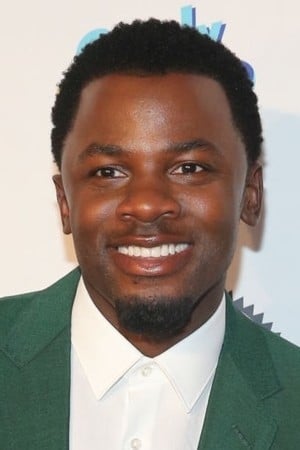
Derek Luke initially decided he wouldn’t portray enslaved people, declining roles that asked him to do so. He worried that constantly showing Black suffering on screen could be harmful to both audiences and actors. Later, he agreed to work on historical projects, but only if they focused on stories of resilience, strategy, and community strength. His earlier choices were a conscious effort to avoid roles that only highlighted the experience of slavery.
Gina Torres
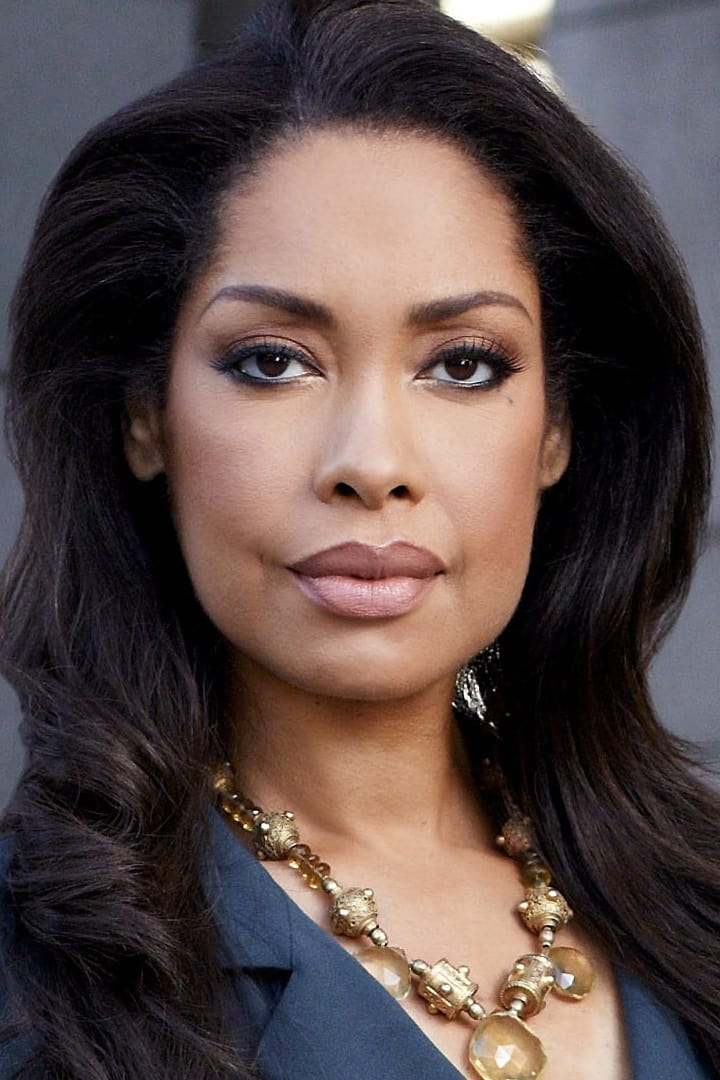
Gina Torres has talked about turning down roles that only showed Black women as enslaved people or housekeepers. She felt accepting those parts would narrow the types of roles she could play and limit how people saw Black women on screen. Instead, she’s consistently chosen characters with strength, power, and depth, actively avoiding stories centered on slavery and oppression.
Daniel Kaluuya
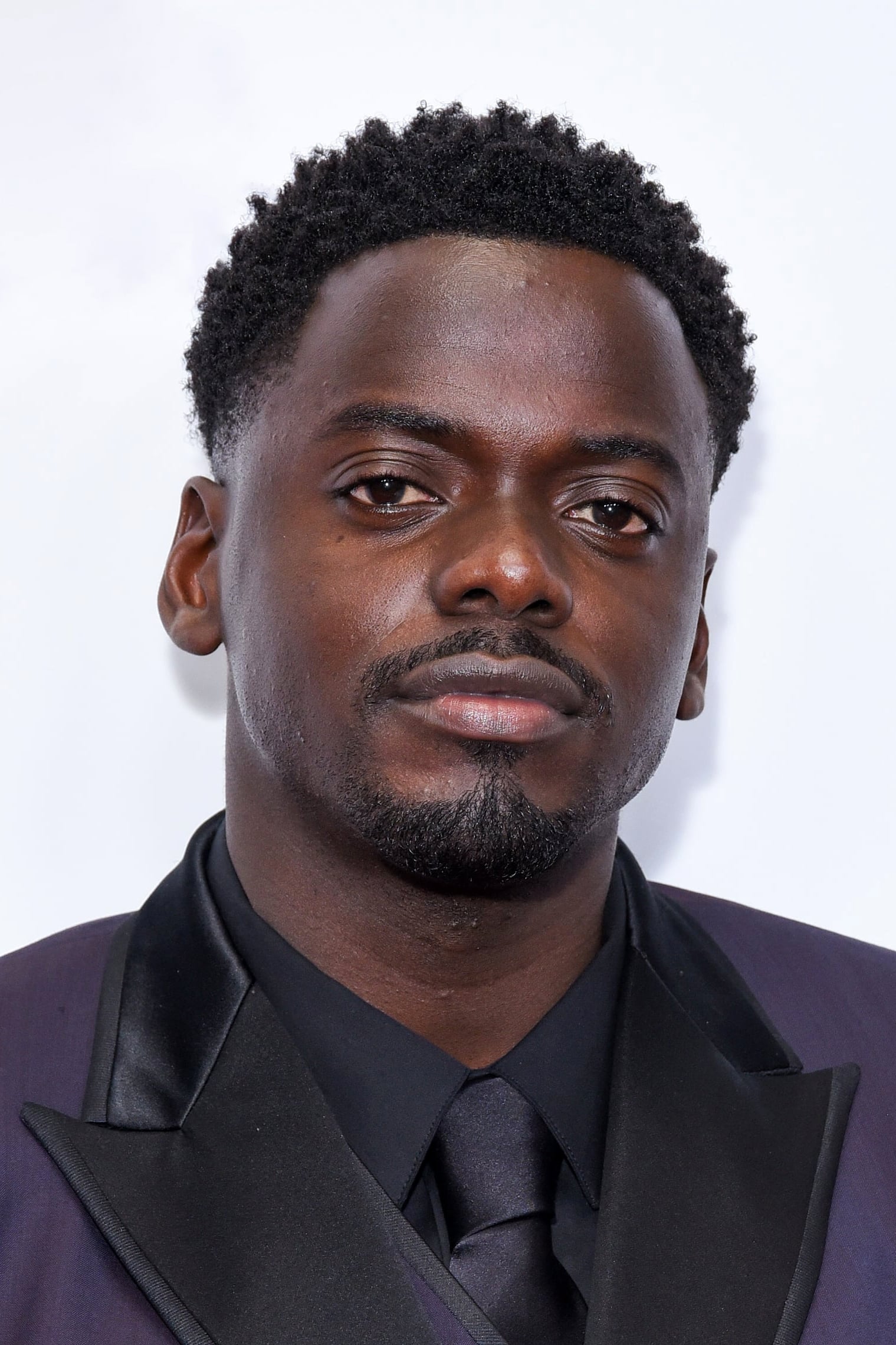
Daniel Kaluuya carefully chooses historical roles, avoiding projects that focus solely on the pain and suffering of Black characters. He prefers roles where Black characters have power and control over their own destinies, and has turned down projects centered on slavery because they didn’t offer that balance. He actively seeks out characters who are proactive and have a sense of purpose.
David Oyelowo
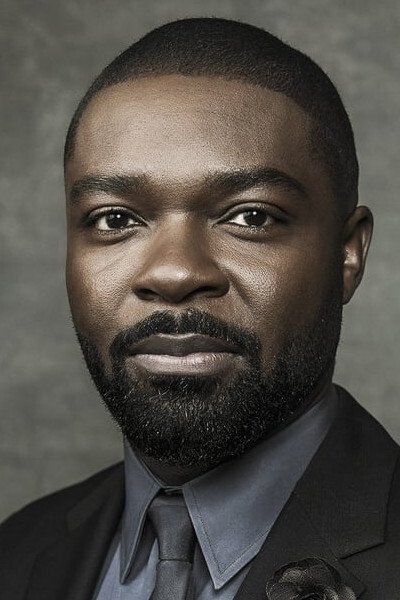
I’m really impressed by David Oyelowo’s commitment to the roles he chooses. He’s made it clear he wants to move beyond stories that only show Black characters suffering, particularly those focused on slavery. He actively seeks out projects that portray the full range of Black life – strong families, faith, and leadership. When he does take on historical roles, he wants to see characters who overcome adversity, not just experience it. It’s admirable that he’s turned down parts, even roles about slavery, if they didn’t allow him to show that depth and resilience.
Sanaa Lathan
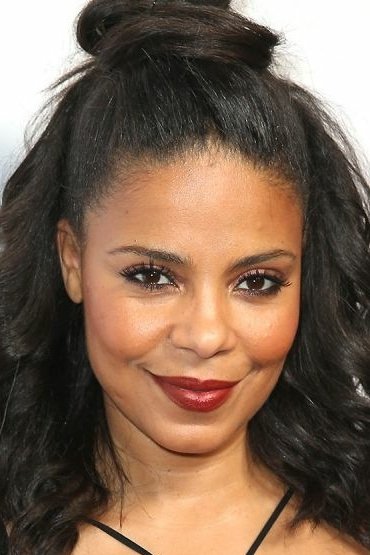
Sanaa Lathan has been careful about the roles she chooses, specifically avoiding parts like those of enslaved people that are one-dimensional and lack depth. She looks for roles that show strength, intelligence, and emotional complexity, and that reflect a more modern and nuanced understanding of history. Because of this, she’s turned down roles depicting slavery when they didn’t offer her a chance to grow as an actress.
Mekhi Phifer
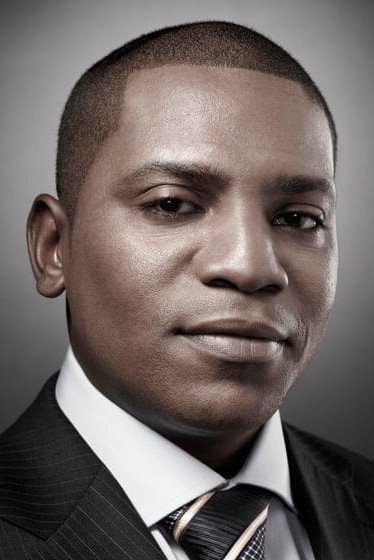
Mekhi Phifer has deliberately avoided roles depicting enslaved people, turning down projects that required it. He explained that he didn’t want to contribute to the same limited and harmful portrayals of Black people. Instead, he focused on roles in both modern and historical stories that showcase strength, agency, and self-determination. This has been a consistent part of his career plan – to avoid projects focused solely on slavery.
Share the names of other actors you think belong on this list in the comments.
Read More
- Top 15 Insanely Popular Android Games
- Did Alan Cumming Reveal Comic-Accurate Costume for AVENGERS: DOOMSDAY?
- Gold Rate Forecast
- ELESTRALS AWAKENED Blends Mythology and POKÉMON (Exclusive Look)
- EUR UAH PREDICTION
- Why Nio Stock Skyrocketed Today
- New ‘Donkey Kong’ Movie Reportedly in the Works with Possible Release Date
- Core Scientific’s Merger Meltdown: A Gogolian Tale
- 4 Reasons to Buy Interactive Brokers Stock Like There’s No Tomorrow
- Silver Rate Forecast
2025-11-17 22:46